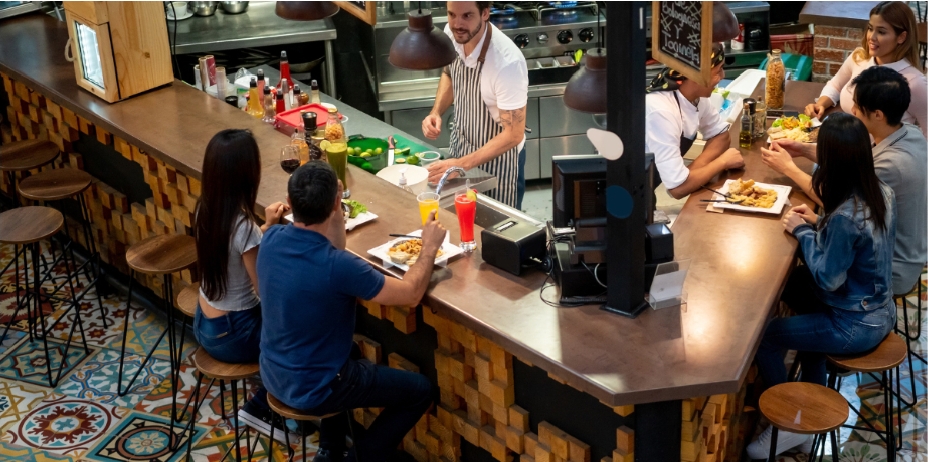How to Improve Food Quality in a Restaurant

In the vibrant and competitive world of the restaurant industry, achieving culinary excellence is not just a goal but a continuous journey. Ensuring top-notch food quality is the cornerstone of a successful dining establishment.
In this blog, we’ll explore practical and creative ways to enhance the food quality in your restaurant, creating an unforgettable experience for your patrons. As we embark on this culinary adventure, keep an eye out for how we seamlessly integrate insights about, how to improve food quality in a restaurant, and the allure of Mediterranean imported foods into our narrative.
6 Tips to Improve Food Quality in a Restaurant
If you are an owner of a hotel, the following six tips are for you to help you improve your food quality in a restaurant
1. Source the Finest Ingredients
At the heart of exceptional food quality lies the quality of ingredients. Establish strong relationships with trusted suppliers, and consider incorporating exotic ingredients such as Mediterranean imported foods to add a unique flair to your menu. The authenticity and freshness of ingredients will undoubtedly translate into the exquisite flavors your patrons will savour.
2. Train and Empower Your Culinary Team
Invest in continuous training for your kitchen staff to ensure they are well-versed in culinary techniques and stay updated on the latest industry trends. Encourage creativity and a passion for excellence among your chefs, fostering an environment that values continuous improvement in food preparation and presentation.
3. Rigorous Quality Control
Implement stringent quality control measures at every stage of the food preparation process. Regularly inspect and monitor the freshness of ingredients, check for consistency in portion sizes, and maintain a high standard of hygiene in the kitchen. Consistency in quality builds trust with your customers, ensuring they return for an exceptional dining experience.
4. Embrace Technological Innovations
Leverage technology to streamline kitchen operations and enhance food quality. From state-of-the-art cooking equipment to advanced inventory management systems, adopting technology can optimise processes, reduce errors, and improve overall efficiency, allowing your culinary team to focus on delivering an unparalleled dining experience.
5. Solicit Customer Feedback
Engage with your customers to understand their preferences and gather feedback on their dining experiences. Actively use this information to make informed adjustments to your menu and service. Embracing customer feedback not only demonstrates a commitment to improvement but also cultivates a loyal customer base.
6. Chef’s Specials and Seasonal Offerings
Introduce seasonal dishes and chef’s specials to keep your menu dynamic and exciting. Experimenting with flavors and textures not only showcases your culinary prowess but also keeps customers curious and eager to return for new and delightful experiences.
Conclusion
In the intricate realm of restaurant management, the pursuit of elevating food quality stands as a dynamic and ongoing endeavor, demanding unwavering dedication, creative ingenuity, and a steadfast commitment to perpetual improvement. As you embark on the implementation of these multifaceted strategies, consider the added dimension that Mediterranean imported foods bring to the culinary tapestry of your establishment. This infusion of diverse flavors and exotic ingredients not only distinguishes your restaurant but also establishes it as a distinguished dining destination. Through the harmonious marriage of innovative approaches and the enchanting allure of Mediterranean imports, you are not merely offering a meal but curating an immersive gastronomic experience.







